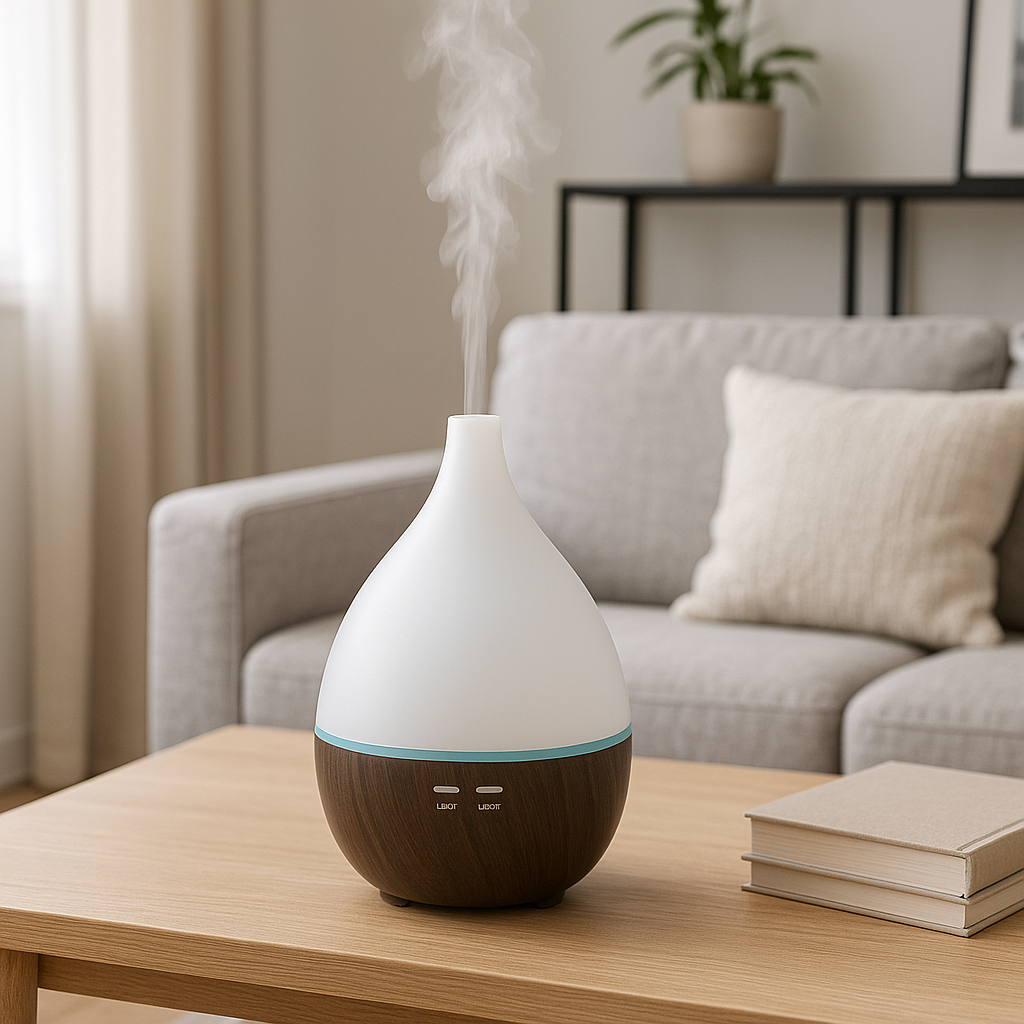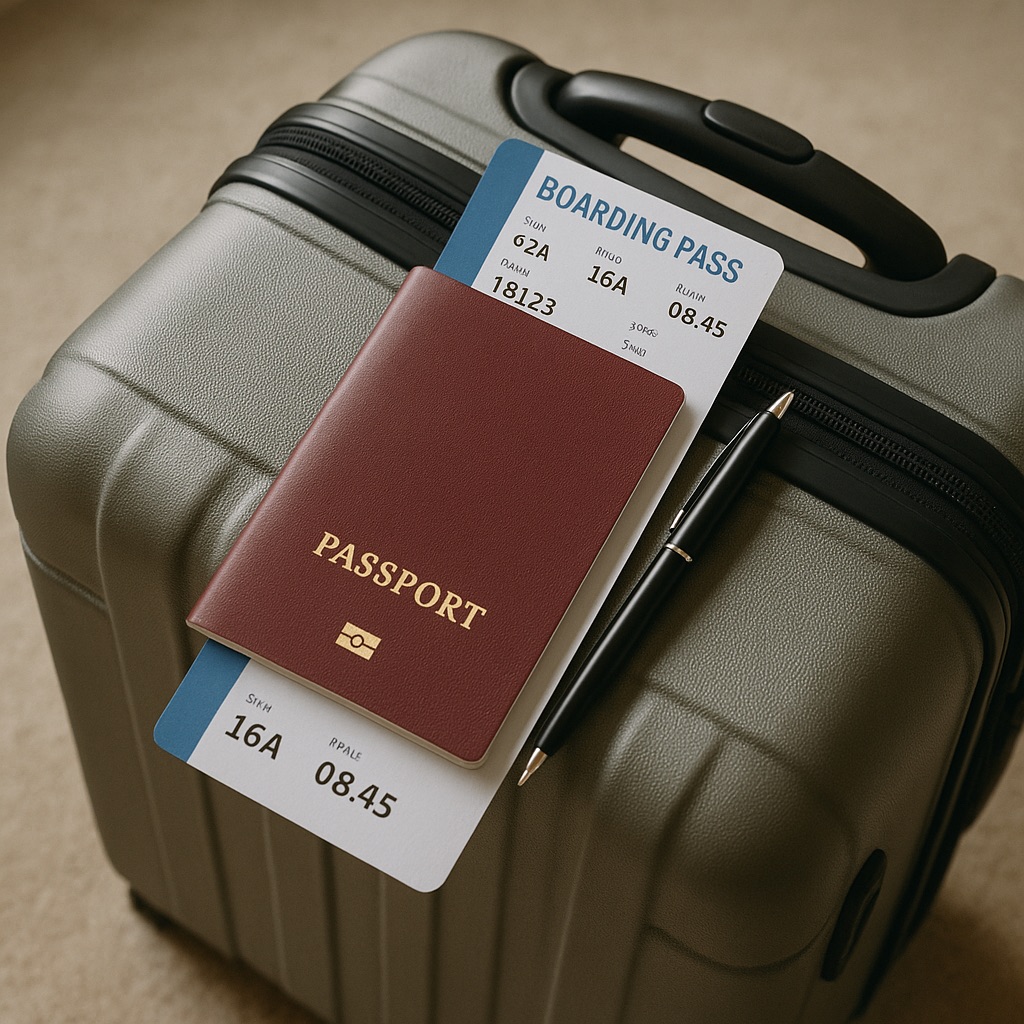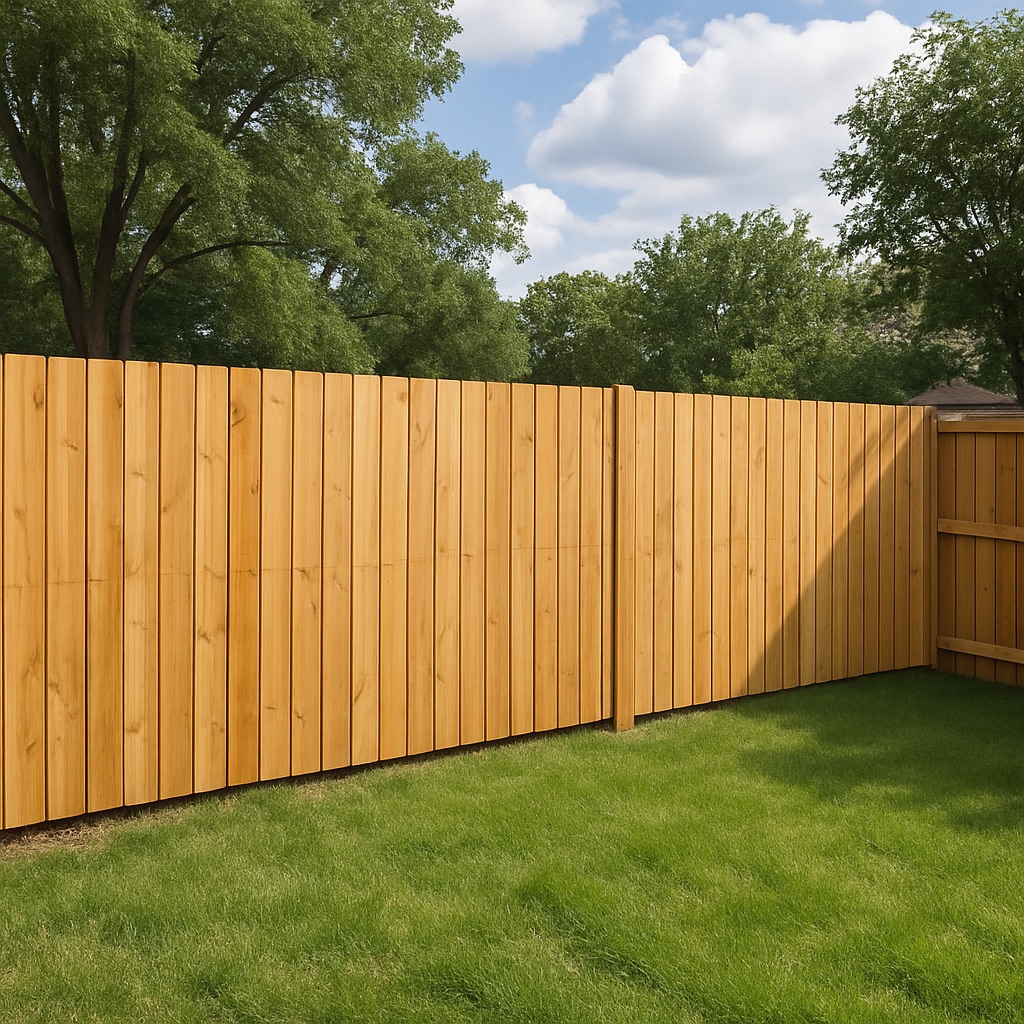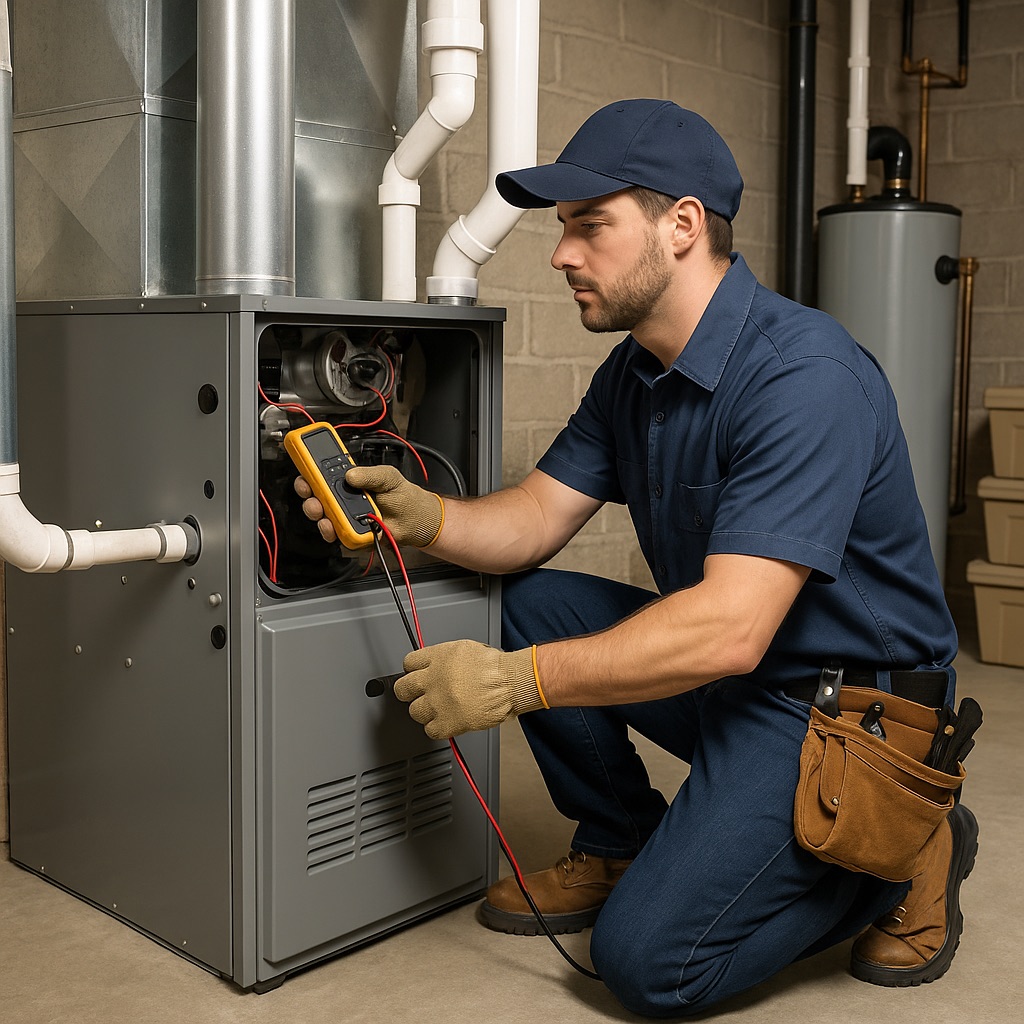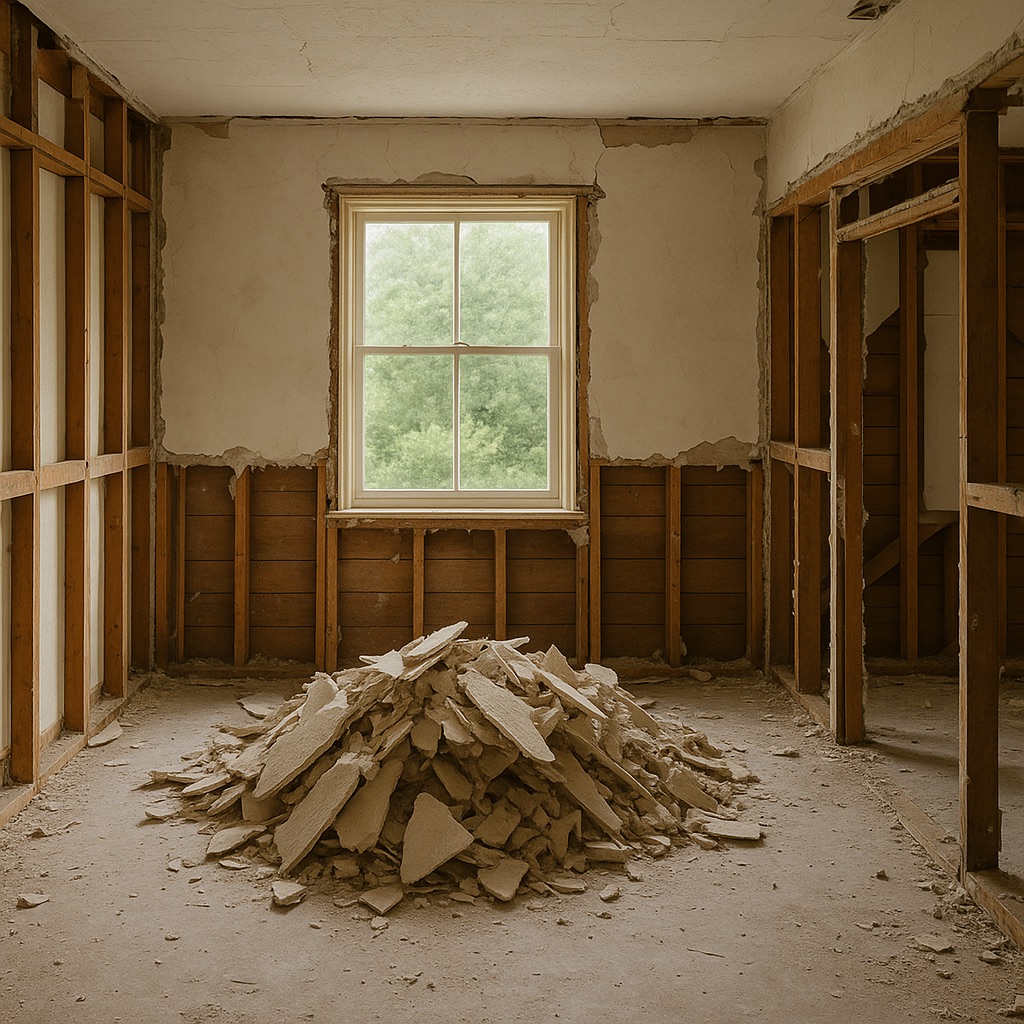Last updated on
Domestic CCTV installation has become increasingly popular in recent years, as homeowners look for ways to increase the security of their homes. CCTV, or closed-circuit television, is a type of surveillance system that uses video cameras to transmit a signal to a specific place, on a limited set of monitors. This allows homeowners to keep an eye on their property and deter potential intruders.
There are a number of benefits to installing CCTV in a domestic setting. Firstly, it can act as a deterrent to burglars and other criminals. The mere presence of cameras can make criminals think twice about targeting a property, as they know that their actions may be caught on camera.
Secondly, CCTV can provide valuable evidence in the event of a crime. If a burglary does occur, the footage captured by the cameras can be used to identify the perpetrator and provide evidence for a criminal trial.
Finally, CCTV can also be used to monitor the comings and goings of visitors, such as delivery drivers or tradespeople, providing an extra layer of security for homeowners.
Table of Contents
Choosing the Right CCTV System
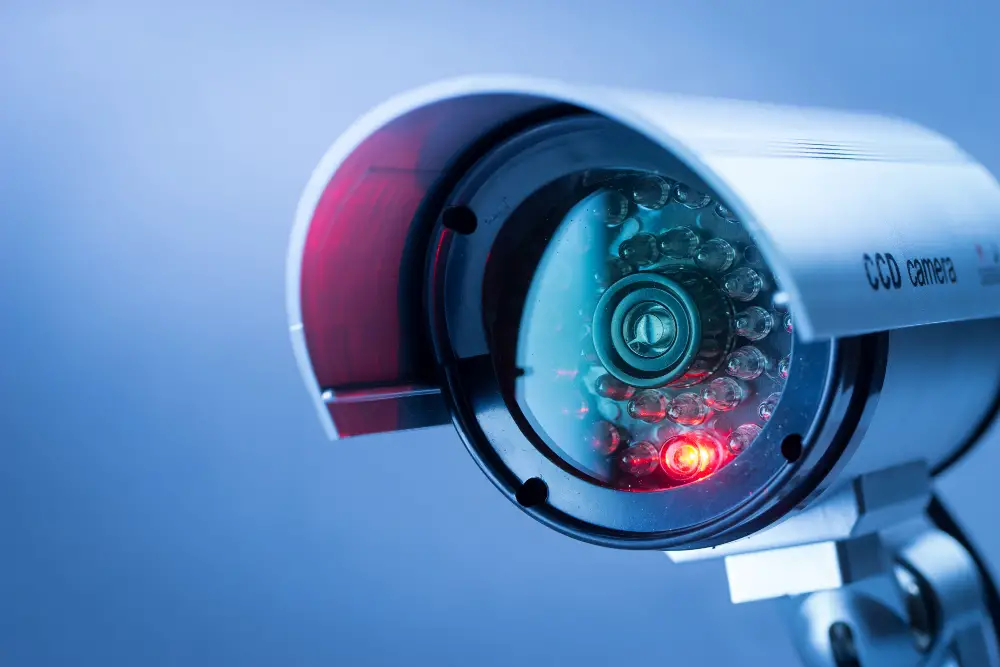
When it comes to choosing a CCTV system for your home, there are a few things to consider. The right system will depend on your specific needs, budget, and preferences. Here are some factors to keep in mind:
Analog vs. Digital CCTV
Analog CCTV systems have been around for a long time and are still popular today. They use a coaxial cable to transmit video signals from the camera to the recorder. Analog cameras are less expensive than digital cameras, but they are also less flexible and have lower resolution.
Digital CCTV systems, on the other hand, use IP cameras to transmit video signals over the internet or a network. They offer higher resolution and more flexibility, but they are also more expensive than analog systems.
Indoor vs. Outdoor CCTV
Another factor to consider is whether you need an indoor or outdoor CCTV system. Indoor cameras are designed to be used inside your home and are not weatherproof. Outdoor cameras, on the other hand, are designed to be used outside and are weatherproof.
If you need a CCTV system for outdoor surveillance, make sure to choose a weatherproof camera. Outdoor cameras should also have night vision capabilities and be able to withstand extreme temperatures.
Wired vs. Wireless CCTV
Finally, you’ll need to decide whether you want a wired or wireless CCTV system. Wired systems use cables to connect the cameras to the recorder, while wireless systems use Wi-Fi to transmit video signals.
Wired systems are more reliable and have less interference, but they are also more difficult to install. Wireless systems are easier to install, but they can be less reliable and have more interference.
In conclusion, when choosing a CCTV system, consider whether you want an analog or digital system, an indoor or outdoor system, and a wired or wireless system. Keep in mind your specific needs, budget, and preferences.
Cost of Installation
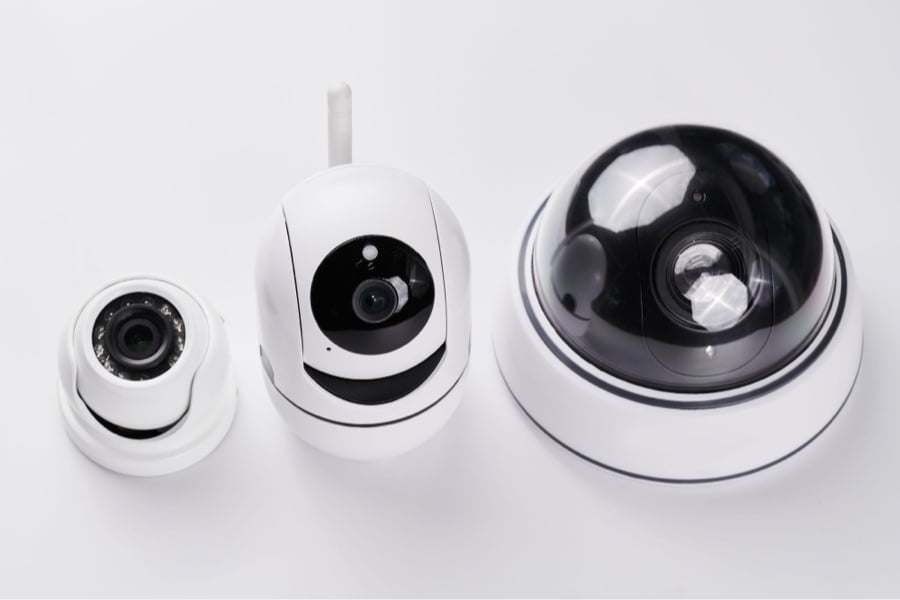
The cost of installing a domestic CCTV system can vary depending on several factors. The size of the property, the number of cameras required, and the level of complexity of the installation can all impact the final cost.
Generally, the cost of a basic CCTV system installation starts at around $500, with prices increasing as more features are added. For example, a system with remote access and monitoring capabilities will cost more than a basic system without these features.
It’s important to note that the cost of installation is not the only expense associated with a CCTV system. There are ongoing costs to consider, such as maintenance and monitoring fees. These fees can vary depending on the service provider and the level of service required.
To ensure that you get the best value for your money, it’s important to shop around and compare quotes from multiple service providers. It’s also important to choose a reputable provider who can offer quality products and services at a reasonable price.
In summary, the cost of installing a domestic CCTV system can vary depending on several factors. It’s important to consider both the upfront installation costs and ongoing maintenance and monitoring fees when budgeting for a CCTV system.
